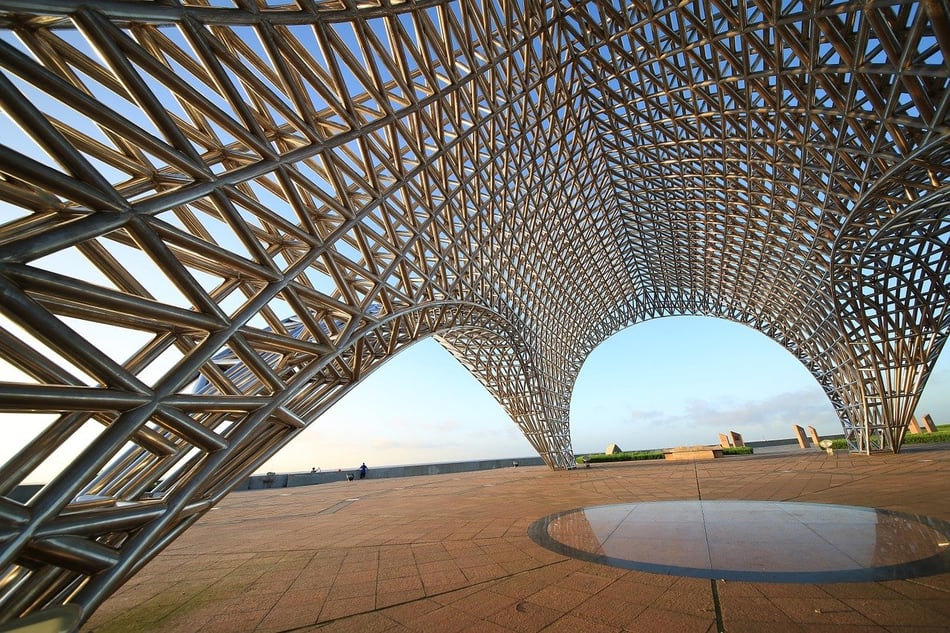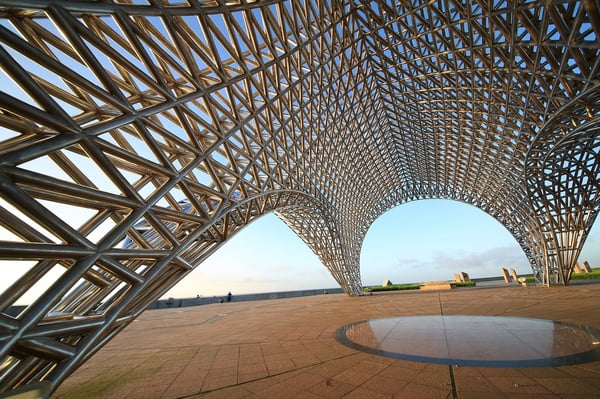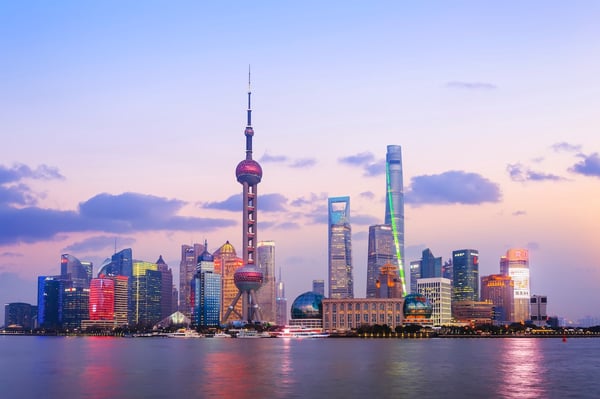Learning from losing

Sabrina Douglas-Jones, Icehouse coach and facilitator, examines the current state of business in China. Currently, Sabrina’s work in China is twofold – strategically and financially directing architecture and design studio Atelier I-N-D-J (co-founder) and managing and executing consultancy services with SDJ Consultancy (founder). Within her capacity at SDJ Consultancy, Sabrina supports New Zealand companies by coaching and advising in the areas of China Market Entry strategy and execution, marketing and business development, business operations and brand management, as well as cross-cultural business skills.

On the ground, China seems resilient, a tough attitude of nationalism and togetherness in a unified fight that appears to be winning in reigning in COVID-19. Day-to-day life is resuming in the lesser affected regions – albeit with renewed social norms (no handshake) and veiled with masks and daubed with sanitiser. However, things will never be the same again, this is for sure.
The extent of this drama is yet to unfold globally with the fear playing out in real-time that the wider world may suffer far more than the origin of the contagion.
Economically, politically, socially, climatically – you name it – each stratum of life has and will be affected. Everything’s fine until it’s not. The ‘Black Swan’ (highly improbable negative events, Taleb 2007) is an event no one expects even when you’re expecting the unexpected. COVID-19 is such an event; casting entire populations into isolation, shuttering businesses, closing sporting events, sealing off borders, and engendering widespread and peculiar groupthink behaviour (toilet paper, anyone?). No-one saw this coming.
| Necessity is the mother of invention
In our two-fold businesses, we are having to react with agility and mobility. Our staff are working remotely from all corners of the globe, serving clients intimately yet from afar. For the most part, we are in the business of creating places, objective geographic realities oddly now coaxed into life through virtual realities (conference calling, cloud collab tools and VR).
We design objects, places and experiences with a foot firmly planted on the ground in China’s contemporary epoch. Deeply local, we have over 15 years’ experience in this dynamic and sometimes bewildering market. You’ve just got to be there, in person.
Visceral grit, sawdust and laser cutter sparks, the front end of creating physical places and experiences is a messy affair; and yet conversely our other business deals in designing results; deployed with a global mindset and done so from afar, we advise companies who wish to become local to China. In this sense we are uniquely placed to straddle both local demands and global outlooks.
As a small company we are agile, moving to places others dare not go. Unencumbered we can move fast (without breaking things!). If anything, this current crisis has proven we can move and adapt to face the challenge head-on – despite the realities of some paused projects, defaulted fees, and outright cancellations.
Yet despite this, we have somehow sensed and seized an opportunity. In the day-to-day operation of the two businesses, I’ve been able to empower our younger staff with more responsibility and autonomy by simply not being there. Stepping back means the team has had to step up and has quickly matured in the process – in part allowing them insight into where we are headed, yet crucially allowing me as manager to focus on our longer-term strategy.
In wider terms, the crisis has allowed us to crystallise visions of what we should be doing, how we do it, and through the lens of ‘why’ we are doing it. The gift of time, a certain detachment from day-to-day operational distractions, as well as remote working from cafes, forests, beaches and friends' living rooms has certainly helped. Digital nomad has indeed taken on renewed vigour.

| Word on the street
Locally, sentiment at least appears to be returning, with our retail, event and arts projects restarting. Yet we sense the focus has already recalibrated – ironically this may even play to China’s wider strategy of development from export to domestic and service based economy encouragements to spending domestically were already clear (China international import exposition C.I.I.E. as well as a reversal of trade inwards ) – while the Belt and Road plays to a different yet wider soft power strategy as China’s tentacles reach out sucking services and products in.
Make no mistake, the rewards for manufacturing the world’s stuff for the last 30 years weighs heavily in the wallets of the Chinese. Yet the great rejuvenation of Chinese people is still ongoing, lifting millions from poverty and creating unprecedented wealth in the process; an enormous middle class and an upper middle class whose spending clout is here to stay (and unlikely to be significantly dented by COVID).
Across the board, ‘keeping up with the Jones’’ pervades as materialism and consumerism occupy front and centre of peoples’ raison d’être as brand value continues to prove its worth. Domestic brands are yet to establish themselves as the western aspirational brands dominate, with rich heritage, meaningful narratives or by simply by origin association (NZ halo).
Despite this, there is a clear shift, short attention spans, brand boredom and a search for meaning through everything from sports, action, travel, wellbeing, education and community are more than emergent as experiential luxury becomes more important.
Therein lies opportunity for domestic Chinese brands to edge away from ‘west is best’, differentiate, connect to their own heritage, engage their target demographic and simply describe with clarity their own reason for being, their why. China’s ability to manufacture, match or exceed quality and to scale up is unmatched. But the locals need brands that resonate with authenticity honesty and narrative - not just stuff for stuff’s sake – these are defining puzzle pieces for emergent brands and a critical ingredient for their longevity and ability to endure creating value far beyond cost.
| Blue sky dreaming
The impact of the virus may well bring a sea-change in the way people value their time. The much-lauded ‘996’ (9 am-9 pm, six days a week) has given way to weeks languishing in home isolation, extended holidays with family – simply more time than otherwise available, it's this time that's been used to rethink the givens, ask the bigger questions and search for meaning recalibrating the values we hold dear.
It’s all pretty fluffy stuff, yet the raw quantifiable metrics of the recent crisis are already clear: a vast reduction of coal consumption, air pollution plummeting as trips and air travel cancelled. There’s hope that in the midst of a wider existential crisis (climate), the pandemic crisis might just be the silver lining the climate crisis needs.
For advice from Sabrina around entry and business development in Chinese markets, visit SDJ Consultancy.
For more business ownership and leadership advice check out more of our blogs.


